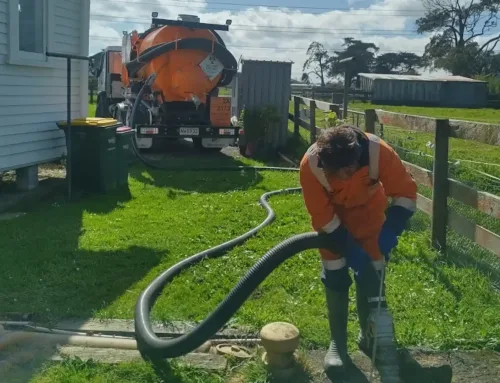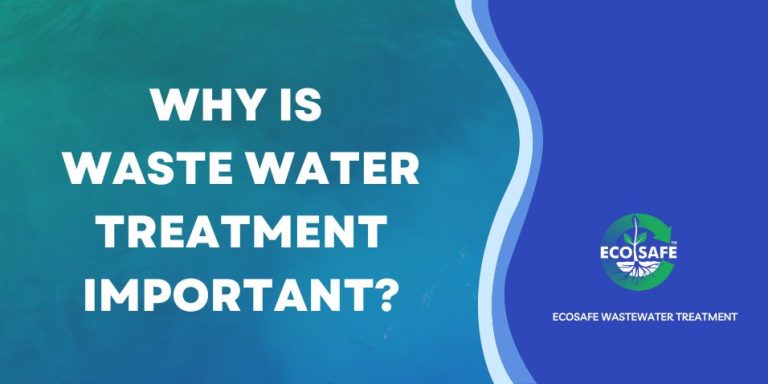Getting My Reclaim Waste To Work
Getting My Reclaim Waste To Work
Blog Article
Reclaim Waste Things To Know Before You Get This
Table of ContentsReclaim Waste Fundamentals ExplainedSome Known Facts About Reclaim Waste.The Best Guide To Reclaim WasteOur Reclaim Waste StatementsThe Main Principles Of Reclaim Waste
Domestic sewer waste refers to the waste and products from a residential septic tank. The appropriate management and disposal of domestic sewage waste require liquid waste to be transferred to a sewer therapy plant where the proper methods and equipment are used to cleanse and dispose of waste.
Business waste frequently consists of potential hazards, such as combustible products or a combination of fluid and strong waste products, and calls for a much more innovative and thorough disposal process. The disposal of industrial waste generally involves the filtering of waste before transport to guarantee risk-free and correct disposal. Hazardous waste is produced from results and runoff of industrial procedures and manufacturing.
This kind of waste can not use the exact same sewer administration transport or processes as septic or commercial liquids. The commercial waste administration process requires the assessment and testing of fluid waste prior to it goes through the disposal process (liquid waste removal melbourne). Overflow waste is the liquid waste that comes from runoff and excess stormwater in extremely populated locations or cities
Overflow waste can trigger contamination and flooding if not handled effectively. Find out more about sewer cleaning and waste monitoring. Ensuring correct waste administration can stop calamities and lower ecological harm. Both individuals in property setups and professionals in business or production sectors can profit from understanding the processes and guidelines of fluid waste monitoring.
Reclaim Waste Fundamentals Explained
Call PROS Providers today to discover our waste administration and disposal services and the correct ways to care for the fluid waste you produce.
(https://justpaste.it/fauht)This supposed 'wastewater' is not just an important source yet, after therapy, will be launched to our land, waterways or the ocean. Utilized water from toilets, showers, bathrooms, kitchen sinks, laundries and industrial processes is recognized as wastewater.

water utilized to cool machinery or tidy plant and tools). Stormwater, a form of wastewater, is runoff that streams from farming and city areas such as roofing systems, parks, yards, roads, paths and gutters into stormwater drains pipes, after rainfall. Stormwater moves without treatment directly to neighborhood creeks or rivers, eventually reaching the sea.
Getting The Reclaim Waste To Work
In Queensland, the majority of wastewater is dealt with at sewage therapy plants. Wastewater is carried from residential or industrial sites through a system of drains and pump stations, called sewage reticulation, to a sewage therapy plant. City governments build, maintain and run most sewage therapy plants. Operators are accredited under the Environmental Protection Act 1994 to release cured wastewater at an appropriate environmental standard into waterways.
The Department of Natural Resources suggests city governments regarding managing, operating and keeping sewage systems and treatment plants. In unsewered locations, local federal governments may need homeowners to mount private or household sewer therapy systems to deal with domestic wastewater from commodes, kitchen areas, washrooms and washings. The Division of Recommended Reading Natural Resources authorises using house systems when they are confirmed to be effective.
In some new communities, treatment of some stormwater to get rid of trash, sand and gravel has actually begun utilizing gross contaminant catches. Wastewater therapy takes place in 4 phases: Eliminates solid issue.
Makes use of tiny living organisms knows as micro-organisms to break down and eliminate continuing to be liquified wastes and fine bits. Micro-organisms and wastes are integrated in the sludge.
Some Ideas on Reclaim Waste You Should Know
Nutrient removal is not available at all sewer treatment plants due to the fact that it calls for expensive specialized equipment. Clear fluid effluent created after therapy may still include disease-causing micro-organisms - liquid waste disposal melbourne.

The majority of wastewater moves into the sewerage system. Under the Act, local federal governments carry out authorizations and licences for eco relevant tasks (Ages) including wastewater releases that could have a neighborhood effect.
Facts About Reclaim Waste Uncovered
Monitoring provides valid details regarding water top quality and can validate that licence conditions are being met. The details obtained via tracking supplies the basis for making water top quality choices.
Report this page